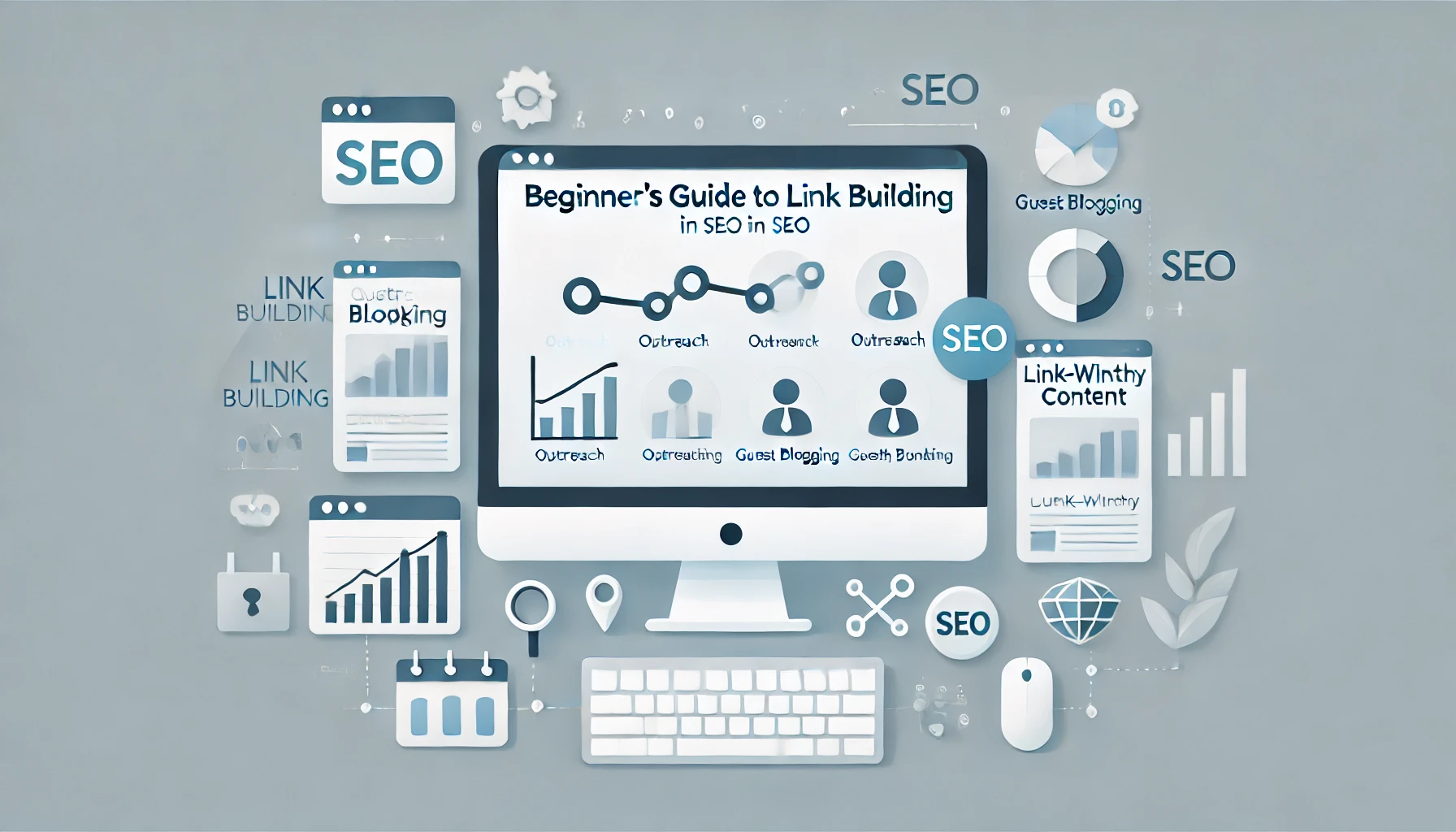If you’ve read anything about SEO, you’ve likely encountered the importance of link building. However, the “how” behind link building can feel elusive.
In simple terms, link building is about earning quality links from other websites to increase your site’s credibility and visibility on search engines. Quality matters here; you want relevant, authoritative sites linking to your content, as this signals to search engines that your site is a trusted source. Here’s how to approach link building step by step.
Table of Contents
Create content people want to link to
The backbone of any effective link-building strategy is having content that others genuinely want to link to. Think of this as your “link-worthy” content, which should provide real value to readers and align with your industry. Here are a few content types that attract links:
- Guides and tutorials: Detailed “how-to” content is perennially popular because it provides practical insights people can apply immediately.
- Research and data-driven articles: Industry statistics, case studies, and research-backed insights tend to get cited often.
- Evergreen content: Topics that stay relevant over time—such as definitions, foundational concepts, or processes—are great candidates for earning long-term links.
Identify link opportunities
Link building is strategic, and finding opportunities starts with knowing where to look:
- Competitor analysis: A powerful way to identify potential links is to look at who’s linking to your competitors. Tools like Ahrefs, Moz, or SEMrush can help you examine competitors’ backlink profiles and spot sites that might be willing to link to similar content on your site.
- Industry roundups: Many bloggers and publishers create “roundup” posts that curate helpful or recent content within an industry. If you’ve published a valuable article, you could reach out to those who publish regular roundups and suggest your content for inclusion.
Reach out to relevant sites
Once you’ve identified potential link opportunities, it’s time for outreach. This part can be intimidating at first, but keep it simple and genuine:
- Find relevant sites: Look for websites in your industry or those with a similar audience. Focus on those that are likely to value your content—think niche blogs, news sites, forums, and even resource pages related to your topic.
- Craft a personalised pitch: Write a short, polite email explaining why your content is valuable to their readers. For example, if you have a comprehensive guide on “drone battery maintenance,” reach out to drone-related websites, technology blogs, or aviation forums. Explain how linking to your content can benefit their audience.
Try guest blogging
Guest blogging involves writing content for another website in your industry, allowing you to reach a broader audience and earn backlinks in the process. It’s a win-win—website owners get fresh content, and you get exposure and an authoritative link back to your site.
When guest blogging, make sure to:
- Choose reputable sites in your niche with a good reputation.
- Stick to writing high-quality, unique articles that provide real value to the host site’s audience.
Use broken link building
Broken link building is an often overlooked but effective technique. It involves finding broken links on relevant websites and suggesting your own content as a replacement. It’s particularly useful because you’re helping the site owner fix an issue while also gaining a link.
To do this:
- Look for websites with similar content topics to yours.
- Identify broken links on these sites using tools like Check My Links (a Chrome extension) or Ahrefs.
- Reach out to the website’s owner, informing them of the broken link and suggesting your content as a potential replacement.
Engage with industry communities and directories
Industry-specific communities, forums, and directories can be great sources of both visibility and links. Here’s where you can make connections, share content, and build a reputation in your field.
- Directories: Many industries have reputable directories or aggregators, where you can add your website details and earn a link.
- Forums and community platforms: Websites like LinkedIn, Reddit, and niche-specific forums allow you to link to your content in profiles or when relevant in discussions. Be respectful and avoid spammy behaviour—only share links that genuinely add to the conversation.
Use HARO (Help a Reporter Out)
If you’re looking for quality backlinks from authoritative websites, consider signing up for Help a Reporter Out (HARO). HARO connects journalists with expert sources, and it’s a valuable way to earn high-quality links. You’ll receive daily requests from journalists, and if you respond with expert insights, you might get featured in an article with a backlink to your website.
Final thoughts on link building
Starting with these link-building strategies will set a solid foundation for improving your site’s authority and SEO. Remember, the key is to focus on building genuine relationships, creating valuable content, and sharing that content with the right people. With a little patience and persistence, you’ll begin to see your backlinks—and your search rankings—grow over time.
generate traffic and get more leads.



